In the evolving landscape of liquid and solid waste management and recycling, businesses are increasingly turning to specialized software solutions to streamline their operations. CRO Software Solutions, a leading SAAS provider in this industry, understands the criticality of selecting the right software. This article aims to guide new potential customers through a comprehensive checklist of questions and considerations when choosing a new software provider.
- Customization and Scalability:
Does the software meet your specific needs? Every business in the waste management and recycling industry has unique requirements. Ensure the software can meet your specific operational needs. It is a good practice to document these requirements before looking at software so you ensure that all of your needs are met.
How scalable is the solution? As your business grows, your software should grow with you. Inquire about the scalability of the software and how it handles increased data volume and additional users. - Integration Capabilities:
Can the software seamlessly integrate with your accounting systems? Integration capabilities are crucial for a smooth transition. Check if the software can integrate with your current accounting, CRM, and other operational systems. - Compliance and Data Security:
Does the software ensure compliance with industry regulations? The waste management sector is heavily regulated. The software should help you comply with all relevant local, national, and international regulations.
What are the data security measures? Inquire about the security protocols to protect sensitive information, including customer data and business intelligence. - Training and Ease of Use:
What training and learning resources are provided? Understanding the depth and accessibility of training resources is crucial for a smooth transition. Ask about on-site training, online tutorials, and ongoing learning support.
Is the user interface intuitive? An intuitive user interface reduces the learning curve and enhances user adoption. - Downtime and Implementation:
What is the expected downtime during implementation? Time is money. Clarify how much downtime is expected during the software implementation and what measures are in place to minimize this. - Cost Considerations:
What is the pricing structure? Understand the pricing model – is it subscription-based, per-user, or feature-dependent? Ensure there are no hidden costs.
Are there costs for additional features or updates? Future features and updates can incur additional costs. Clarify these aspects upfront. - Customer Support and Service:
What level of customer support is offered? Robust customer support is vital. Inquire about the availability of support (24/7, business hours), the types of support offered (phone, email, chat), and the average response time.
Is there a dedicated account manager or support team? Having a dedicated team or account manager can significantly enhance the support experience. - Performance Metrics and Reporting:
How does the software track and report key performance indicators (KPIs)? The ability to monitor KPIs like collection efficiency, recycling rates, and customer satisfaction is essential. Ensure the software provides comprehensive reporting tools. - User Reviews and Case Studies:
What do other customers say? Look for user reviews, testimonials, and case studies. They provide valuable insights into the software’s performance and the company’s service quality. - Future-Proofing:
How does the software stay current with industry trends and technology advancements? The waste management industry is continuously evolving. Ensure the software provider regularly updates its features and stays abreast of industry trends.
Conclusion:
Selecting the right SAAS solution for your waste management and recycling business is a decision that should be approached with thorough research and careful consideration. CRO Software Solutions encourages potential customers to use this checklist as a guide to ensure that they choose a software solution that not only meets their current needs but also supports their growth and adapts to future challenges in the industry. Remember, the right software is a key partner in your business’s success.


